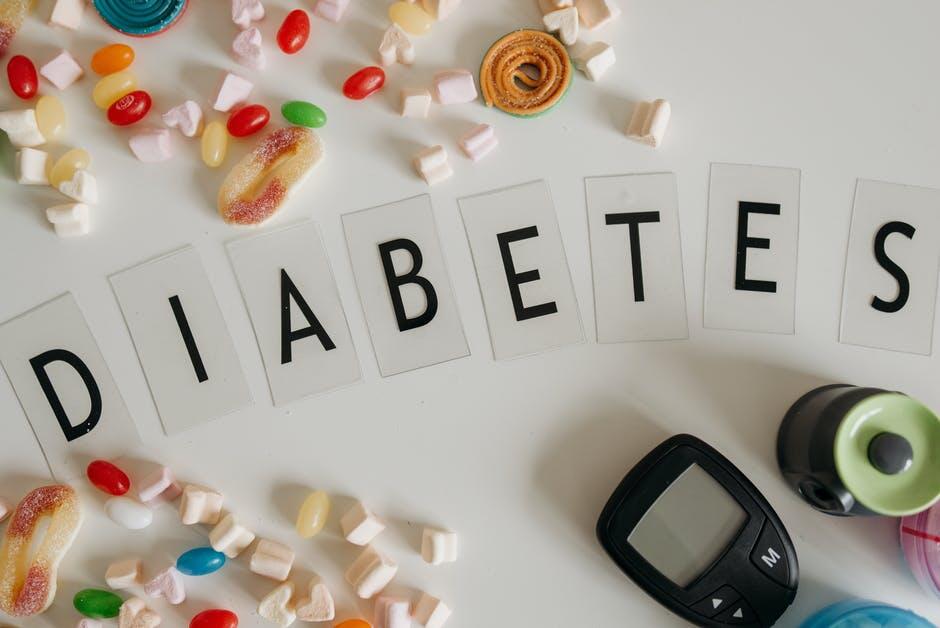
What is Irritable Bowel Syndrome and How Can It Be Treated?

Are your on and off again bathroom habits disrupting your daily life? If so, you probably have irritable bowel syndrome (IBS). This is a functional bowel disorder that affects 3-20% of Americans often women.
IBS can be embarrassing and uncomfortable. So how do you treat it and ensure it doesn’t continue disrupting your life? Keep reading for everything you need to know about IBS, including causes, symptoms, and treatments.
What is Irritable Bowel Syndrome?
Irritable bowel syndrome is an intestinal disorder that affects the large intestine. It causes cramping, bloating, diarrhea, constipation, and other changes to your bowel movements.
Other names for IBS include irritable colon, nervous stomach, spastic colon, and irritable bowel. IBS tends to occur in the late teens to early 40s.
It also affects more women than men and may occur in family members. Other people who are at risk of developing IBS include those who have:
- Food intolerances
- Severe digestive tract infection
- Family history of IBS
- History of physical or sexual abuse
- Emotional anxiety, stress, or tension
Depending on the bowel movement problems you have, IBS may be categorized into:
- IBS with constipation where most of the poop is hard and lumpy
- IBS with diarrhea where the poop is loose and watery
- IBS with mixed bowel movements where your poop is both loose and watery as well as hard and lumpy on the same day
The type of IBS you’re suffering from affects your treatment since certain medications don’t work for certain types of IBS.
What Causes IBS?
While the specific causes of IBS remain unknown, research suggests that this condition is the result of a combination of several factors including:
- Miscommunication between the brain and the gut
- Problems with contraction of the GI muscles and movement of food down the digestive tract
- Visceral hypersensitivity in the gastrointestinal tract
IBS Triggers
Anxiety, stress, severe infections, and certain foods can trigger IBS symptoms. Foods that play a role in triggering irritable bowel syndrome include:
- Milk
- Gassy foods
- Fatty foods
- Caffeinated drinks
- Carbonated drinks
- Dairy products
- Citrus fruits
Irritable Bowel Syndrome Symptoms
Symptoms of IBS vary according to the individual. However, the most common include:
Abdominal Pain
The main symptom of IBS is abdominal pain and discomfort. Patients often experience stomach cramps after meals, which get better after a bowel movement. IBS can also cause the brain to process the pain signals from your bowel differently.
Gas or Flatulence
Certain foods and beverages can make flatulence due to IBS worse. You might get gassy after eating cabbage, dairy products, beans, high-fat foods and drinks that are caffeinated, carbonated, artificially sweetened, or alcoholic.
Bloating
You might experience bloating if you have irritable bowel syndrome. This symptom makes your stomach look visibly swollen. Your midsection will feel tight and full.
Changes in Stool
You may experience diarrhea, constipation, or a combination of both depending on what type of IBS you’re suffering from. IBS-related constipation causes the following:
- Hard, lumpy, and dry stool
- The need to pass stool
- Passing stool less than four times a week
IBS-related diarrhea causes patients to pass stool several times a day. A feeling of urgency often accompanies the need to have a bowel movement.
Other symptoms of IBS include:
- Whitish mucus in your stool
- A feeling that bowel movements are incomplete
- Constant heartburn
- Symptoms that get worse after eating
- Lower backache
- Frequent bathroom emergencies
IBS in Women
Women tend to experience irritable bowel symptoms around the time of menstruation. Some women experience more symptoms at this time. They may experience bloating and constipation after ovulation on the 14th day of the menstruation cycle.
Those with IBS may experience premenstrual syndrome (PMS) or painful menstruations. Women going through menopause have fewer IBS symptoms than those who still menstruate.
IBS in Men
The symptoms of irritable bowel syndrome are less severe in men, probably due to the hormonal differences between the two genders. However, the condition may cause men to feel less fulfilled in their home, social and work obligations. They are also more likely to experience problems with sexual intimacy and suffer depression.
How Is Irritable Bowel Syndrome Diagnosed?
Your doctor will review your medical history and symptoms to diagnose irritable bowel syndrome. You will be asked a series of questions in an attempt to look for a pattern in your symptoms.
The doctor may conclude that you have IBS if, in addition to abdominal pain, you have:
- Pain before or after bowel movements
- Stool changes
- Changes in how often you make bowel movements
Your doctor will also want to know how long you’ve been experiencing these symptoms. They may diagnose you with IBS if you’ve had the symptoms at least once a week for three months or the symptoms started at least six months ago.
You will also go through a physical exam, during which the doctor will check for abdominal bloating, tenderness, or pain.
Irritable Bowel Syndrome Treatment Options
There is no cure for irritable bowel syndrome and as such, treatment seeks to relieve symptoms. Lifestyle changes can help relieve symptoms of IBS in certain cases. Find ways to manage daily pressure and prioritize the activities you enjoy. Enough sleep and regular exercise may also prove helpful.
Careful eating sometimes goes a long way towards reducing IBS symptoms. Consider eliminating foods that trigger the intestines from your diet. These include caffeine, tea, and colas.
The best irritable bowel syndrome diet is devoid of gluten, contains fiber, and contains low FODMAP. Your healthcare provider may prescribe medications to manage IBS symptoms like diarrhea and constipation.
Antidepressants can help IBS patients with depression and pain management. Be sure to talk to your doctor before purchasing any medication for abdominal pains, constipation, and other digestive problems. They may have recommendations on what will work for you.
Order Your Irritable Bowel Syndrome Medication Online
Kiwi Drugs is a reputable online pharmacy that offers high-quality IBS medication at competitive prices. We also ship around the world from affiliated pharmacies near you so that you get your prescription quickly.
Browse our irritable bowel syndrome medications online or get in touch if you have questions.
Related Posts

Finding the Right Medication for Your Diabetes Management Program
February 10, 2025